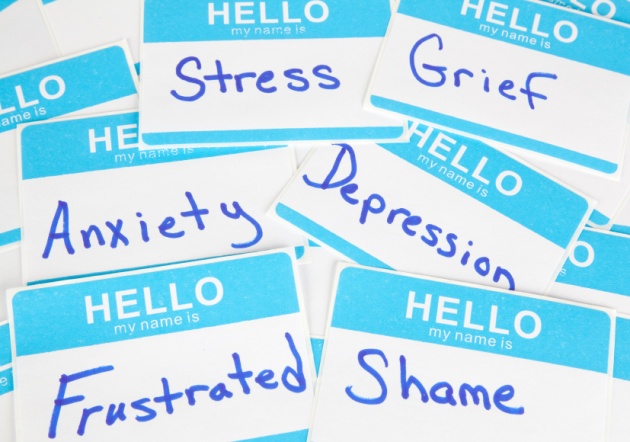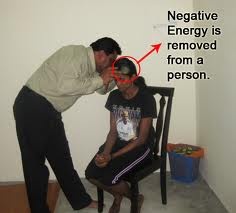The WHO relates mental health as 'a condition of being fit so much so that a given subject would feel a sense of empowerment on his or her own potentials, can manage the routinely workloads, can give productive output, and is in a position to contribute substantially to the lively events / affairs of his or her commune'. the sound health of mind doesn't only refer to the state of a mind that would be free of any medical condition.

Mental setback / deficiencies are characterized as a certain range of spectra of intellectual, sentimental, and psychological conditions which interact with the outside world and sensibility and the live performance and achievements of a given cross-section of population in a given culture. Hosting a mental condition can inflict damage for the time being or permanently to the mental working of a subject. A mental condition may be referred to as "mental health problem", "a mental disorder", "mental illness", or a "mental dysfunction".


The internal / external elements that are conditioning your mental health can always be subject to neuro-psychological examination; it's never too late, ok! Risk factors may be coped with shielding factors, e.g. healthy relationships, a balanced lifestyle, and managing strategies for controlling stress and negtative energy.

When to consult an expert
In case you've put forth conscientious endeavors to uplift your mental and emotional condition and yet you don't find any difference then it's high time to consult a professional neurologist or a psychologist. Since human beings are very much socially linked and mutually inter-dependent, treatment of an expert, dedicated professional might convince them to take pains for their personal lives as well which they would never do otherwise at their own.




